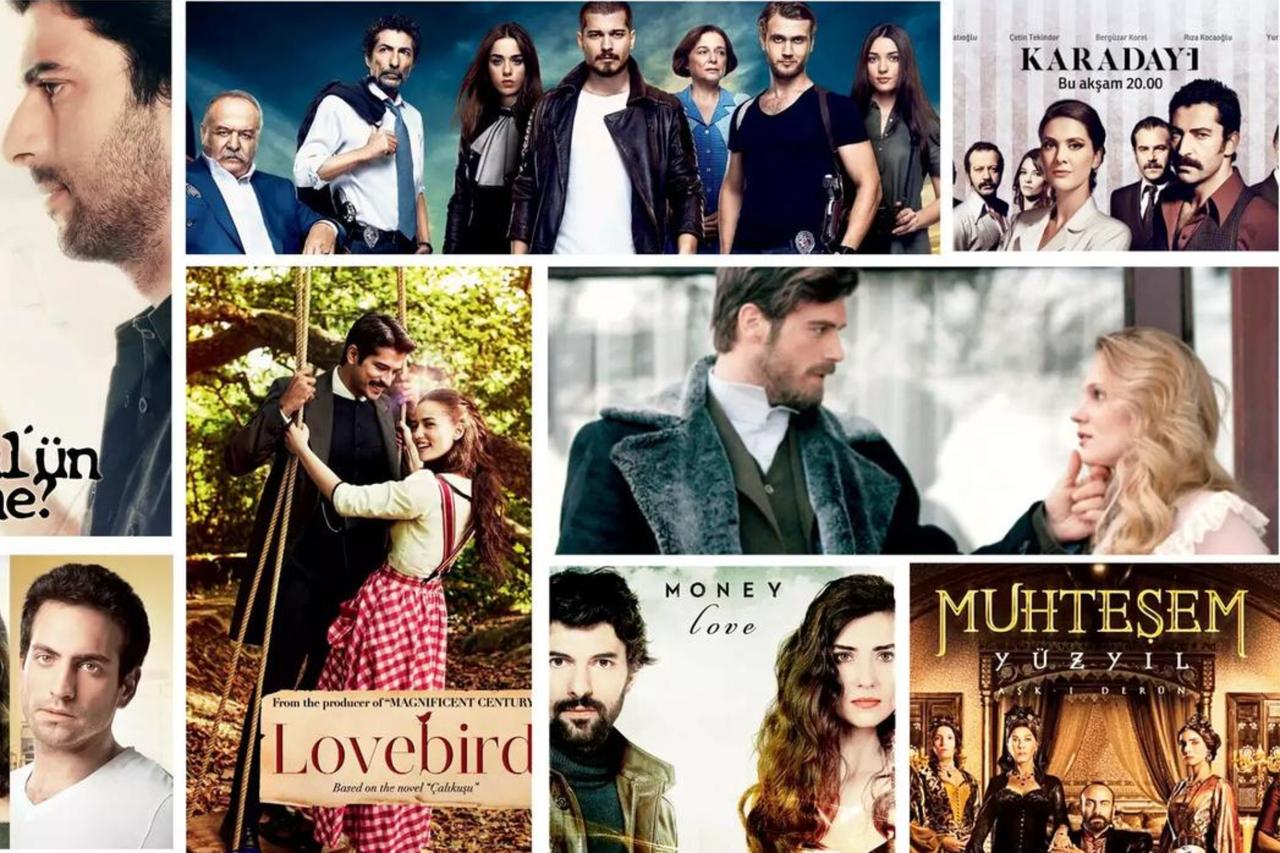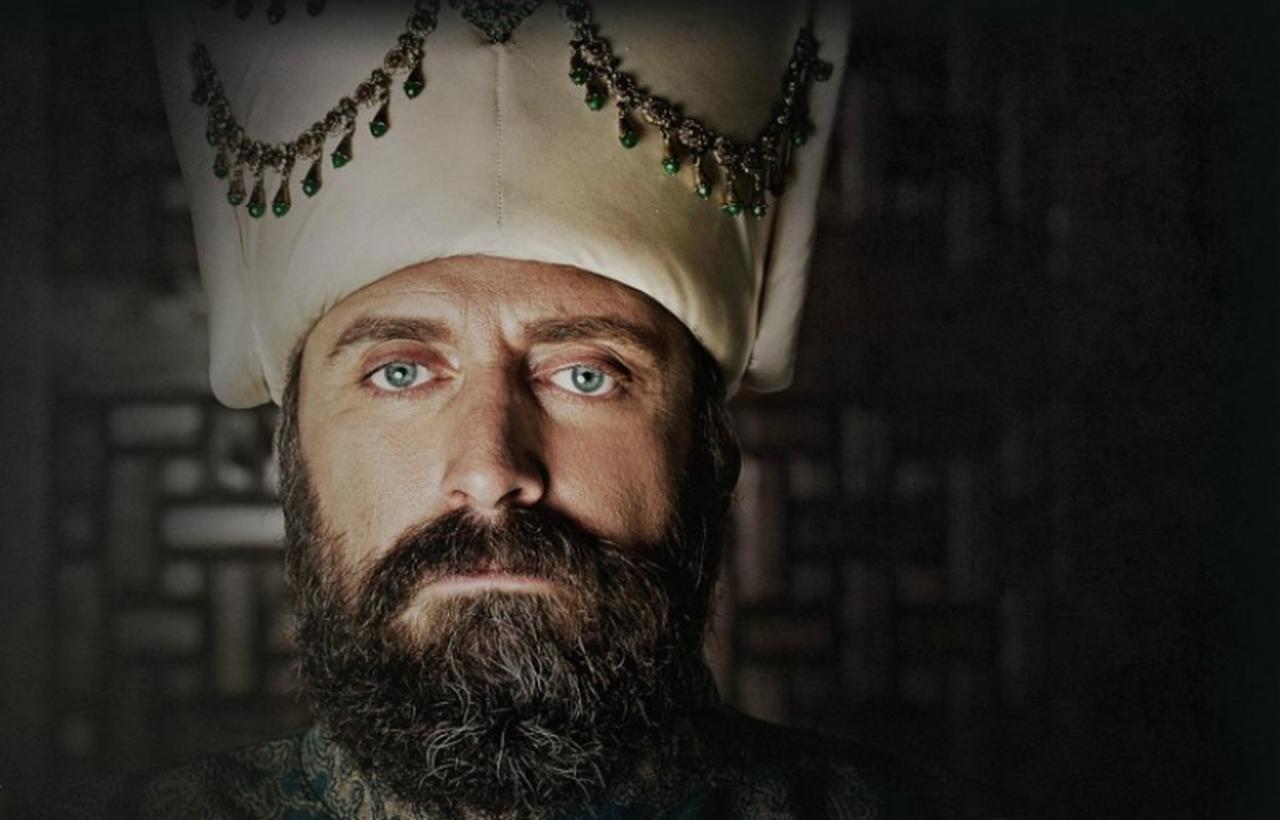
Türkiye’s film and television industry returned to a key question this week: why do local series repeat the same stories each season?
Producers at the 13th Bogazici Film Festival said foreign market pressure, rising costs, and narrow profit margins shape which scripts get made.
The discussion took place during the panel titled “The International Journey of Cinema from Türkiye to the World” at the Ataturk Cultural Center in Istanbul.
The speakers included TRT Cinema Director Faruk Guven, OGM Pictures founder Onur Guvenatam, Kunay Film founder Karina Mia Satlykova, and Siyahmarti Animation Studio founder Nurullah Yenihan.

OGM Pictures founder Onur Guvenatam said global distributors strongly affect what Türkiye produces.
He noted that international buyers want love, family, and intrigue stories and added that this pressure limits the range of scripts.
“Abroad, family, romance, and intrigue work best,” he said. “The reason we keep watching the same things in Turkish series is partly this.”
He added that producers once made more comedies and concept-driven shows but no longer have that space. “Creativity is not the priority. Everyone focuses on whether the series will sell.”
Guvenatam said foreign markets already offer many crime, comedy, and fantasy productions, so buyers do not choose Turkish titles in those genres. “If they want a Turkish story, they want a love story,” he said.
Rising production costs and limited channel payments add to the pressure. Guvenatam said a series must earn revenue abroad to survive. “Without international sales, it is really difficult to produce any series for a channel,” he said.
He added that OGM worked with a digital platform for the series “The Fall of the King" (Kral Kaybederse) because producers needed extra income to balance the budget.

Kunay Film founder Karina Mia Satlykova said filmmakers must speak with foreign distributors before finishing the script.
She used the film “Simarik” as an example. The team spent years planning the project and shaped the story after discussions with global buyers. The approach helped the film reach 90 countries.
She said strong technical standards allow Turkish films to appeal to both domestic and foreign viewers. She added that Russia, MENA markets, and Central Asian states offer major opportunities because viewers in those regions already know Turkish casts and styles.
Nurullah Yenihan described a tougher landscape for animation. He said Türkiye captures only a very small share of the global animation market and struggles to enter foreign cinemas.
He argued that studios must use more universal themes when they aim for global audiences.
“We must work with universal codes, not strictly local codes,” he said. He added that families abroad often avoid content built only on one cultural tradition.
Yenihan also pointed to China’s strict content rules, even though China’s animation budgets now exceed those in the United States.

TRT Cinema Director Faruk Guven said cinema attendance rose after a nationwide campaign, but he believes long-term progress depends on international networks and funding.
He highlighted the “12 Punto” program, which connects Turkish creators with festival directors, co-producers, and industry figures from other countries.
Guven said film exports should not be seen only as financial gains. He noted that Turkish studios often judge a project by its domestic box office potential, but TRT co-productions already come with a ready audience and planned promotion.
He said films like “Rafadan Tayfa” draw millions in Türkiye but struggle abroad because they are built mainly for local viewers.
Industry figures agreed that Türkiye’s film and TV sector works in a tight space shaped by foreign demand, rising costs, and limited risk tolerance.
Guvenatam described a loop created by those pressures, which Satlykova and Yenihan saw as both an opportunity and a constraint. TRT called for stronger global connections.
The debate shows that Turkish stories continue to travel, but the path they take defines what viewers see each season and explains why screens often return to familiar themes.